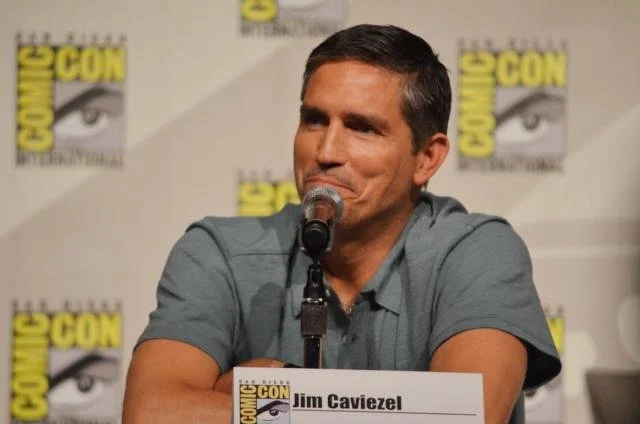Jim Caviezel’s recent declaration that he won’t collaborate with Robert De Niro has sent shockwaves through Hollywood. Caviezel labeled De Niro an “awful, ungodly man,” citing moral and religious differences. This bold statement has ignited a heated debate on the intersection of faith, fame, and professional relationships.
Caviezel’s rise to fame was fueled by his portrayal of Jesus Christ in Mel Gibson’s The Passion of the Christ, cementing his reputation as a devout Christian. His commitment to his faith has guided his career choices, often sparking both admiration and controversy.

In contrast, De Niro is renowned for his iconic roles in Raging Bull, Goodfellas, and Taxi Driver, as well as his outspoken political views. While De Niro’s liberal stance has earned him both fans and critics, Caviezel’s refusal to work with him highlights a deeper philosophical divide.
Caviezel’s comments have sparked discussions about the role of personal convictions in professional decisions. In an industry built on collaboration, public rejections like Caviezel’s are rare and often contentious. His stance raises questions about whether moral and religious beliefs should take precedence over artistic and commercial considerations.
Hollywood’s traditionally tolerant environment is evolving, with actors increasingly expressing their personal views. Caviezel’s decision reflects this trend, demonstrating that some performers are willing to prioritize their values over potential opportunities.
While Caviezel’s supporters may applaud his conviction, others worry that his comments may harm future collaborations. Industry experts caution that public statements based on personal beliefs can impact team dynamics and the cooperative nature of filmmaking.
The incident serves as a reminder that celebrity comes with scrutiny. De Niro’s strong opinions have earned him both admirers and detractors. Caviezel’s rejection may prompt De Niro to consider how his behavior and image affect those around him.
The fallout from Caviezel’s remarks reveals a shifting Hollywood landscape, where personal convictions are increasingly intertwined with professional responsibilities. As society becomes more divisive, actors may feel pressured to align their work with their values.
Caviezel’s decision has sparked a crucial conversation about the balance between business relationships and personal ethics. As Hollywood navigates these complexities, the entertainment industry may witness a shift toward more selective collaborations driven by ideological fit.
Ultimately, Caviezel’s refusal to work with De Niro highlights the challenges that arise when personal principles clash with professional commitments. The repercussions of this debate will likely reshape the entertainment industry’s approach to collaboration and artistic expression.


